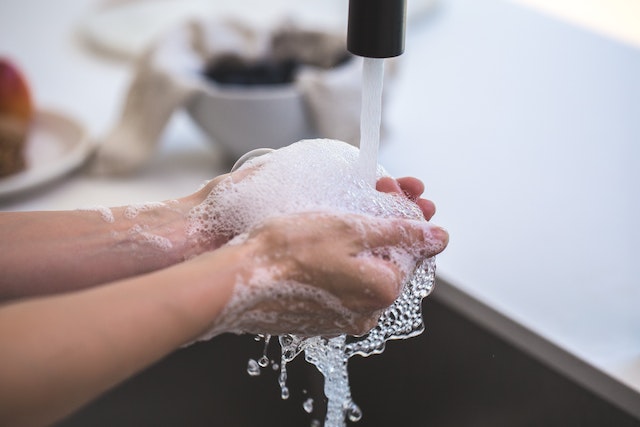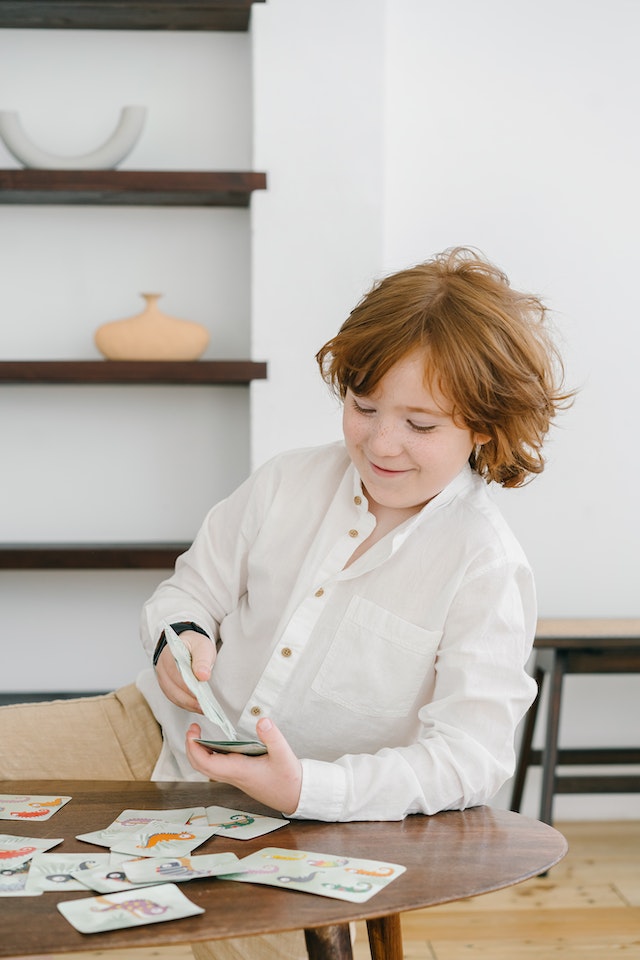In the whirlwind of raising a toddler, personal daily hygiene might not always be
at the forefront of your mind.
However, instilling good hygiene habits early on can set the stage for a lifetime
of health and well-being.
In this article, we’ll explore essential personal daily hygiene tips for your toddler,
emphasizing the importance of maintaining a clean and healthy lifestyle.
Handwashing:
Teaching your toddler to wash their hands properly is a fundamental hygiene
habit.
Encourage them to use soap and warm water for at least 20 seconds, especially
before meals and after using the toilet.
Make it fun by singing a handwashing song together.
Oral Care:
Start brushing your toddler’s teeth as soon as the first tooth appears.
Use a soft-bristle toothbrush and a pea-sized amount of fluoride toothpaste.
Brush their teeth at least twice a day to prevent cavities and gum problems.
Bath Time:
Regular baths are essential to keep your toddler clean.
Use a mild, hypoallergenic soap and shampoo suitable for their sensitive skin.
Be cautious about water temperature, and never leave your child unattended in
the bath.
Nail Care:
Trim your toddler’s nails regularly to prevent dirt and bacteria from accumulating
underneath them.
Use baby-safe nail clippers and be gentle to avoid accidents.
Diapering:
For those still in diapers, change them promptly to prevent diaper rash and
discomfort.
Clean the diaper area thoroughly with gentle baby wipes, and apply diaper
cream if needed.
Nose and Ear Cleaning:
Keep your toddler’s nose and ears clean by using a soft, damp cloth to wipe the
outer parts.
Avoid using cotton swabs, as they can damage delicate ears.
Clothing:
Regularly change your toddler’s clothes, especially if they get dirty or sweaty.
Use mild detergents that are suitable for sensitive skin to avoid skin irritation.
Hair Care:
Maintain your toddler’s hair cleanliness by washing it with a gentle baby
shampoo.
Comb or brush their hair regularly to prevent tangles and keep it neat.
Fingernail Hygiene:
Teach your toddler not to put their fingers in their mouth or nose.
Encourage using tissues or handkerchiefs to wipe their face and nose.
Healthy Eating:
A balanced diet contributes to overall personal hygiene.
Ensure your toddler eats a variety of nutritious foods to support their growth
and immune system.
Potty Training:
As your toddler transitions from diapers to using the toilet, teach them proper
wiping techniques and the importance of flushing.
Sleep Hygiene:
A good night’s sleep is crucial for overall well-being.
Establish a consistent bedtime routine to help your toddler sleep well and wake
up refreshed.
In conclusion,
Teaching personal daily hygiene to your toddler is an investment in their health
and future habits.
Make the learning process enjoyable and age-appropriate, emphasizing the
importance of cleanliness for staying happy and healthy.
By following these tips and setting a positive example, you’ll help your toddler
develop lifelong hygiene habits that will serve them well throughout their lives.











